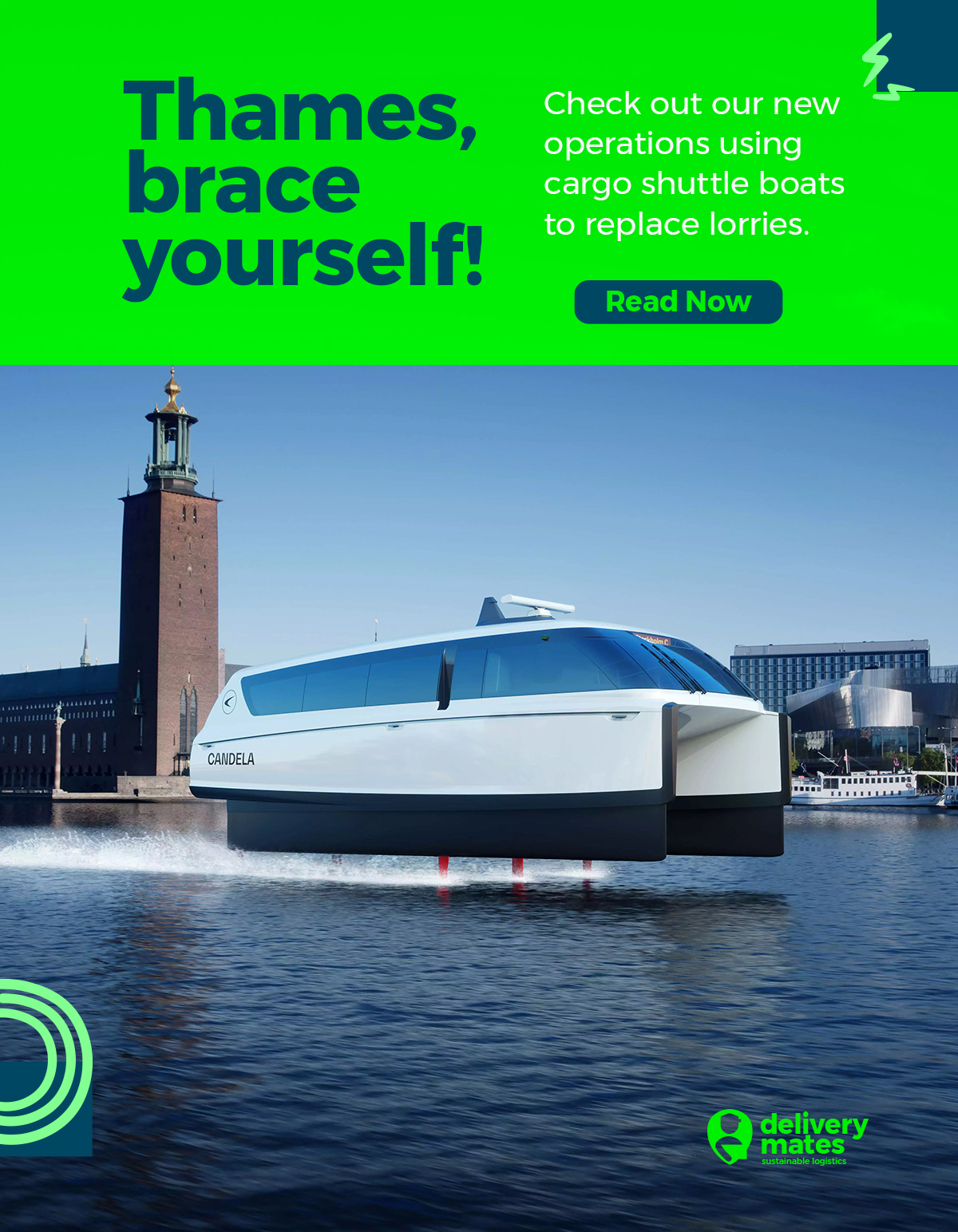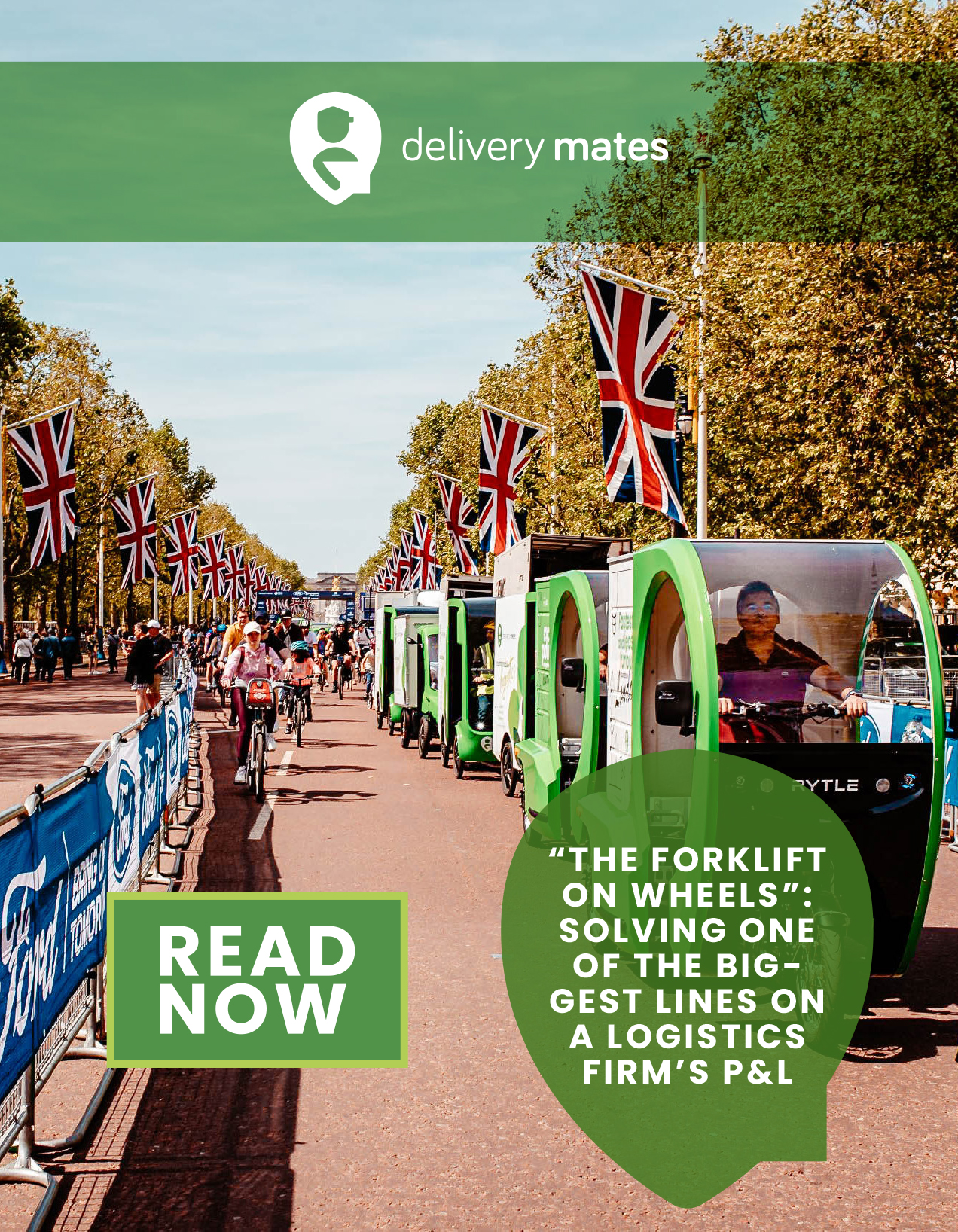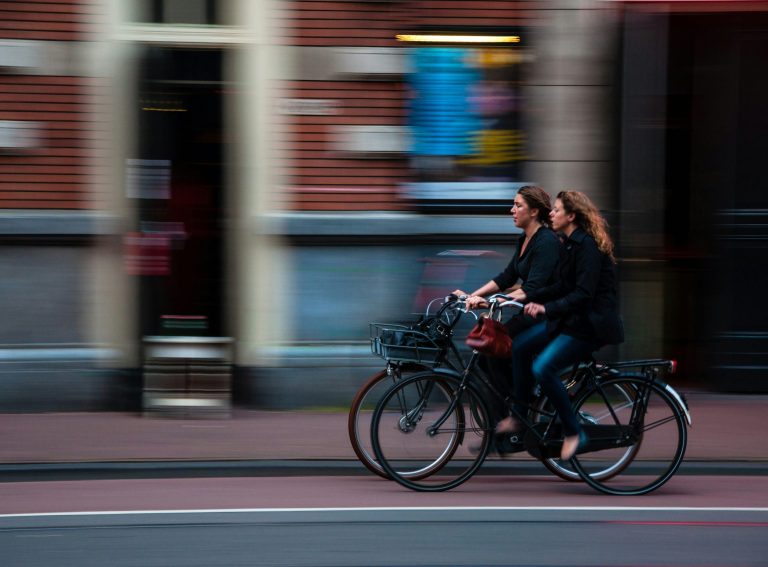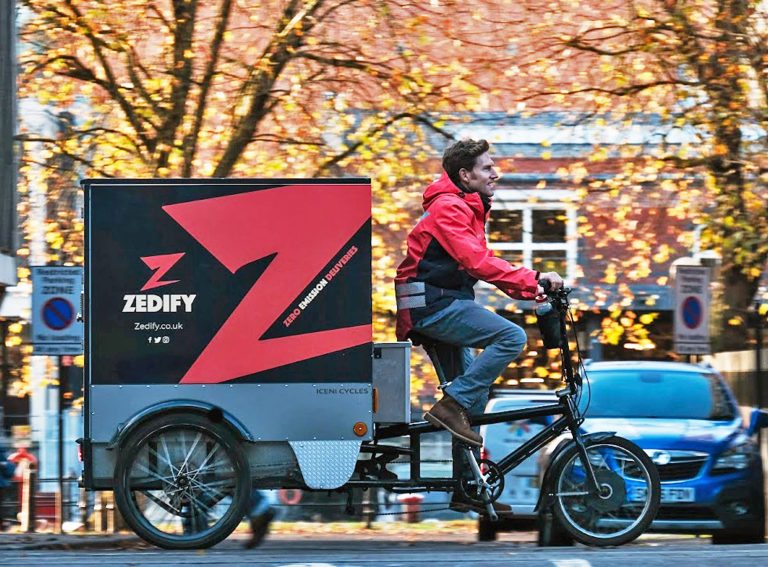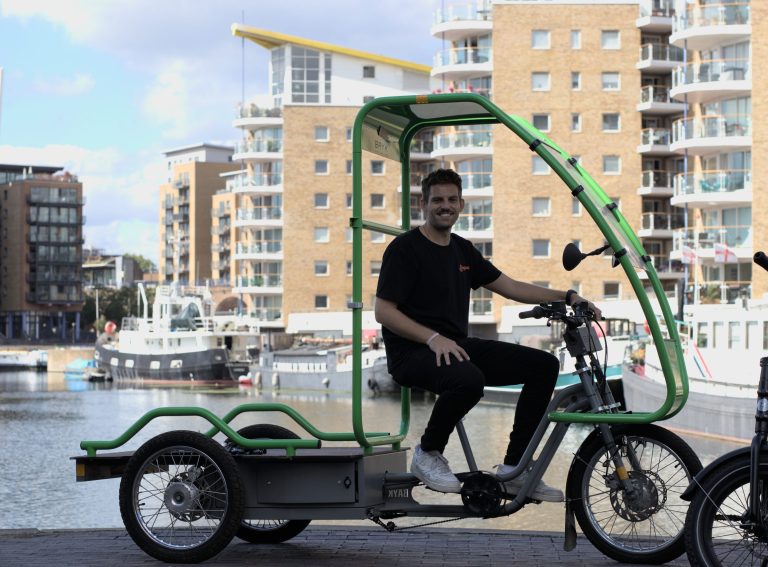If the adage “there’s no such thing as bad publicity” were ever true, it certainly was for Meristem, when the company involuntarily became the focus of the Daily Mail’s ire last month for its “parklets”.
For the uninitiated, parklets are parking space-sized gardens or seating areas used to – you guessed it – replace a parking space with space for people. A parklet could have furniture, such as tables and chairs, plants (including a herb garden), bike parking or anything else you can fit into a car parking space or two.
These diminutive parks were dramatically dubbed “the death of driving by a thousand cuts” by the Mail. Their proponents describe them instead as a shot in the arm for the living.
Meristem’s director, Habib Khan, had to do a double take when he saw the article. “Firstly, when I read it, I thought: that’s a great article,” he tells Zag. “It took a while to realise they were against it. They put loads of links to our website, so quite a few people looked at the pictures, thought, ‘That’s a good idea’, and contacted us.” Like Khan, his company’s new customers only realised later it was “a bit of a hatchet job”.
Regardless, the outcome was good for Meristem. Khan says they had more enquiries in October than in the whole of 2019, and though it’s too early to say how much it has boosted sales – at £5,000 to £30,000 a parklet isn’t purchased on a whim – it certainly wasn’t a bad thing.
While parklets have been around in the US for 20 years, the first only came to the UK in 2015. Cyclehoop, the company that provided that first parklet, says they’re good for business, with some parklet owners, such as cafes and restaurants, reporting sales increases of up to 20%. They also help provide urban greenery, shade, seating for physically distanced socialising, bike parking, you name it.
Here are five that caught our eye.
1: Cyclehoop’s modular parklet
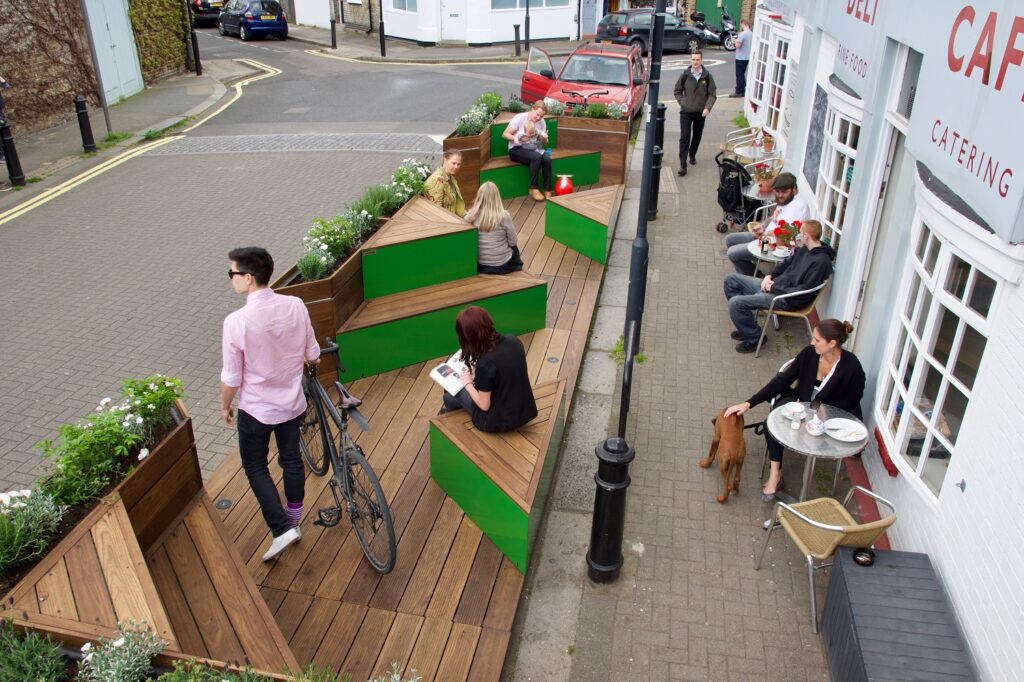
Cyclehoop claims the original UK parklet, which first appeared in Hackney in 2015. Anthony Lau, Cyclehoop’s managing director, says: “Based on the concept of ‘parklets’ from San Francisco, we transformed a redundant road space into a space for people to sit, hang out and relax. It provided greenery to the street and created a pit stop for walkers and cyclists, which would bring business to local shops and cafes.”
The original parklet was later moved to another location in Hackney, which presented a problem as it was heavy, “custom-made for the site, and on a raised decked platform which meant you had to find the same available space in the new location”.
Cyclehoop recently came up with a more mobile, lower-cost solution, removing the costly base and simply bolting benches, bike racks, and the perimeter of the parklet to the road. Like other parklets, because it’s modular (each module the size of a car parking space), it can also be moved, or expand and contract according to need.
The company is delivering stripped-down parklets in Southwark; one in Peckham, on Browning Street; and one in Dulwich village, on Calton Avenue. Some will have modular seating to serve cafes and bars, or for people visiting shops to rest.
These, Lau says, will be “two-person seats with a divider – we don’t want to encourage people to sit and drink beer together, with social distancing measures in place.”
Long-term, he believes parklets can serve an important function, even on residential streets. He says: “People living in central London in flats, mentally it’s quite tough during lockdowns. If you can just pop downstairs onto the street and sit outside that can help a lot.”
However, he says: “to help people get outside, we need to close streets off to through traffic and make them people friendly.”
2: Meristem parklets
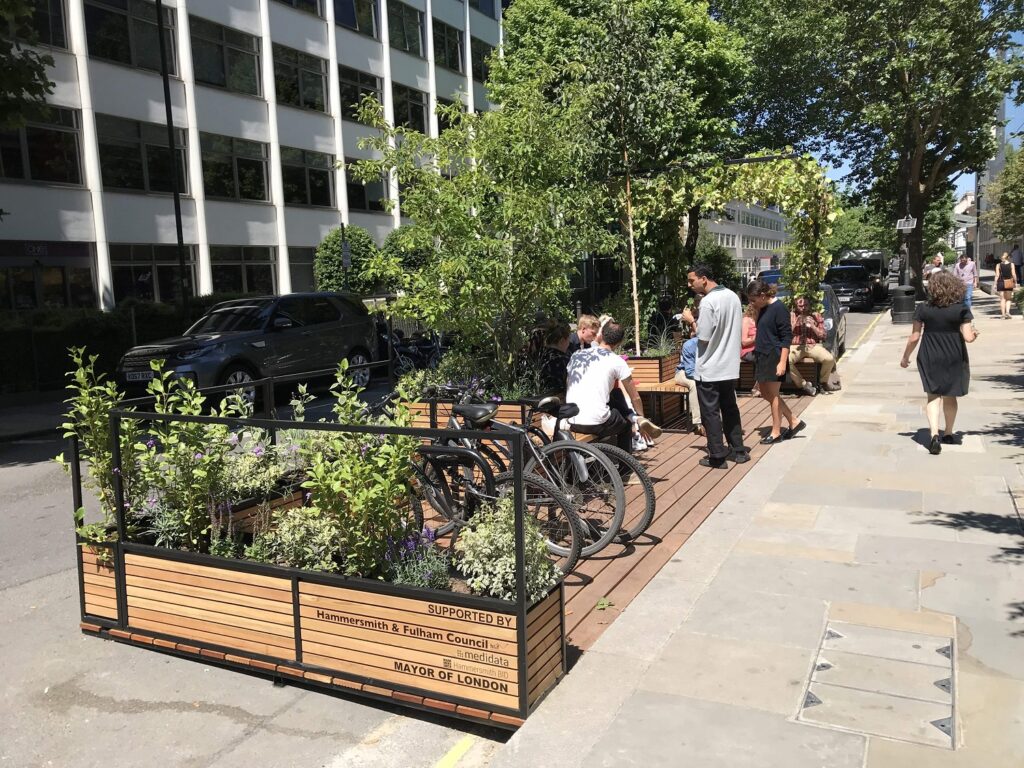
Since Covid arrived, more councils have invested in parklets to help businesses stay afloat, as they safely and easily expand outside seating space for cafes, bars and restaurants. Meristem builds them with or without seating, with Perspex and wood screens, which can also separate groups of customers. There are planters, for aesthetics; the deluxe version even has a green roof, to fend off the rain, and solar panels.
Many customers opt for their own tables and chairs, to keep down costs. Usually, either the council or local businesses cover maintenance, the hope being that they pay back their owners by accommodating more customers. Nine were recently installed in Liverpool, eight in South Wales, four in Bath and there are another 70-odd on order for London and the South West.
3: The DIY parklet
In 2017, Hackney resident Brenda Puech became a thorn in the side for her local council. Puech, who doesn’t own a car, became frustrated she couldn’t benefit from street parking space outside her home in the way car owners do. She created what she called the “People Parking Bay”: astroturf, plants in Plantlocks, and chairs – and a social media campaign to go with it.
When the parklet was evicted, monthly, Puech would move it to the next spot. Eventually, thanks to Puech, and funding from the Mayor’s Green Fund, five permanent parklets sprung to life in Hackney. For her, the best parklet is one driven by residents, and she name checks a handful in Hackney, providing anything from herb gardens to mindfulness sessions.
Puech wants a parklet on every street, but recognises cost and maintenance are major barriers to their uptake – especially where business incomes aren’t on their side, and “councils have to micromanage a parklet in a way they don’t with a car”.
Lambeth councillor, Claire Holland, echoes these sentiments. The council had planned to deliver a kerbside strategy this month, to include controlled parking, and parklets, but Covid intervened. “If I’m brutally honest,” Holland said, “the last seven months has exposed the reality of a decade of austerity.”
While things like self-funded bike hangars and parklets sound like small interventions, the practicalities are “laborious and we just don’t have the resources at the present moment,” says Holland.
However, she says, it’s “a real priority of mine and it will radically reshape how the kerbside is used in Lambeth so that the default is no longer just simply for the storage of cars”.
4: Pocket parks
A parklet that isn’t a parklet, but a solution to the maintenance issues of parklets, urban greening and long-term reallocation of parking spaces in residential areas.
As Waltham Forest councillor Clyde Loakes puts it, for some of their longer-established low-traffic neighbourhoods, “rather than sticking a planter in the road, we’ve taken a bigger space, taken out car parking space and created an informal setting where people can arrange to meet, can chat, and have a bit more space than just talking on the pavement, where there’s planting so it looks a bit nicer.”
These pocket parks tend to be paved areas with flower beds or planters, bike racks, and even benches, often also performing the job of filtering a street to through traffic.
I went in search of planted areas that replaced road space in Waltham Forest yesterday, and was not disappointed. One man offered me some free herbs from the neighbourhood pocket park into the bargain pic.twitter.com/2tLgrGXx0q
— Laura Laker (@laura_laker) November 11, 2020
Some residents and schools adjacent to Waltham Forest’s pocket parks have adopted their spaces. At the Richmond Road pocket park, an impressive array of planters replacing six parking bays, the council even funded a water butt from one resident’s roof, for watering.
Loakes says: “It was a really wide junction with really fast vehicle movements, and you can see the love and attention people give it and people passing by show it. There isn’t littering or anti-social behaviour because it just looks so lovely and fantastic. It’s right in front of people’s houses. Maybe they can’t park right outside their door, but they have this lovely, beautiful thing outside their house instead.”
5: The recharging parklet
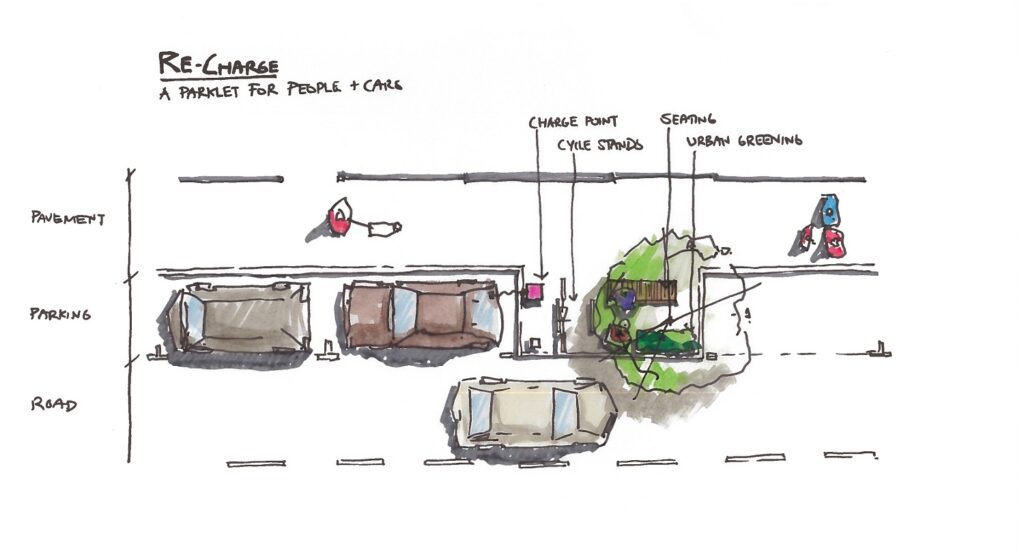
The brainchild of Arup’s Susan Claris, this is an idea that’s yet to find its moment – but it’s one for which arguably the need is growing. Its USP is charging facilities for e-bikes, and potentially even e-scooters, something other parklet providers are starting to think about. (Micromobility operator Beryl already provides parklet-style hubs for docking its shared bikes, e-bikes and e-scooters in Norwich.)
Claris says: “The original idea was born of frustration at [electric vehicle] charging posts going in, in the middle of the footway. I just thought, ‘There must be a better way where we can benefit more people’. That was two years ago and cargo bikes have become more popular since then.” While e-taxis, for example, can be recharged on the street, e-bikes and e-scooters can’t.
Riders with Pedal Me, an e-bike courier and taxi company, carry spare batteries, but at some point they have to return to depot to recharge. One of the company’s founders, Ben Knowles, says recharging facilities could be “pretty transformational” for the industry, if you could address the issue of non-standard battery chargers, and the time it takes to charge them (with, say, a battery library).
We moot to Claris and Knowles the idea of a “recharge hut” for riders, as taxi drivers were once given, somewhere to have a cuppa and even use a loo. With cafes closed due to Covid, shelter and facilities for riders (and cab drivers) has been decimated. Among the hurdles to this recharge utopia are that, as well as some taking up to 24 hours to recharge fully, batteries ideally need to be warm and dry when plugged in.
Fundamental infrastructure and legislative shifts may be needed. While 20% of parking spaces must now be allocated to e-charging in new developments, Claris says, there’s no requirement for e-micromobility charging. As Claris puts it: “E-cars may be part of the mix but they don’t come without their own problems – they don’t help with congestion and particulates and inactivity.”
Finally, a nod to this jumbo pocket park in South London, on Staplehurst Road in Lewisham, known as The Arc. We’re not sure how many animals you’d get in there two by two, not least socially distanced, but it takes up the equivalent of nine parking spaces and more than doubles the pavement width. It comes with a curved roof held aloft by branches, with a bar facing the road that people can sit at with refreshments. The company that paid for it is Spin, the micromobility arm of Ford that also runs shared e-scooters here in the UK.
We're proud to join forces with @YesMake1 and @LewishamCouncil on “The Arc,” Lewisham’s first—and London’s largest—parklet, transforming nine parking spaces into community-serving, family-oriented outdoor seating. https://t.co/kr3MgJ5QJA
— Spin (@ridespin) November 12, 2020

